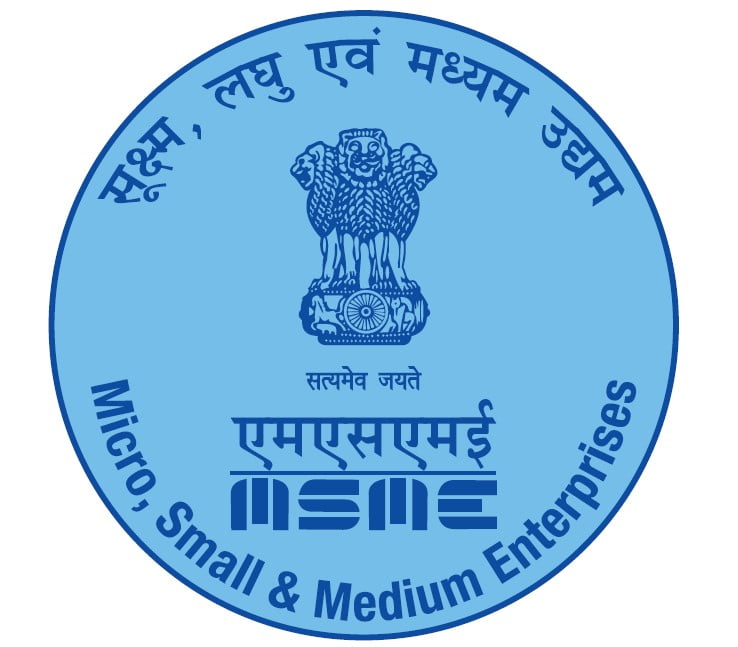How MSME sector could be benefited with cybersecurity by KYC compliance and capacity building
The Micro, Small, and Medium Enterprises (MSME) sector accounts for about 40 per cent of India’s total exports and contributes one-third of its GDP.
The world is being digitised and hence the industries and sectors too. To fully benefit from digital finance solutions, the MSME sector needs to understand how important it is to comply with regulatory requirements like say, the need for full KYC which will help them in conducting their online business without worrying about potential legal repercussions.
79 lakh MSMEs are registered and the sector is in charge of employing about 12 crore people. It also allows the inclusion of marginal entrepreneurs who lack the basic information about the various digital frauds and Reserve Bank of India.
They must learn more about cyber security, the significance of adhering to compliance practices, its ramifications, advantages, and integration for the same if they want to grow their businesses in this digitally transformed world.
As per RBI, online fraud cases totalled Rs 128 crore in FY22. As a result of a lack of funding for comprehensive cybersecurity solutions, MSMEs became a target of cyberattacks more frequently.
According to a recent report, small businesses are the target of more than 40 per cent of cyberattacks, which cause an average global loss of more than $188,000 per attack. Small businesses in India reported being victims of cyberattacks in some form 62 per cent of the time last year. These have resulted in losses that exceed Rs 3.5 crores in the recent years.
Not following KYC requirements when opening accounts and not following the regulatory guidelines established by the government, is regarded as one of the primary reasons for such financial fraud .
Over the years, RBI has increased pressure on banks, financial institutions, and fintechs for disregarding the rulebook in light of the rise in cybercrime incidents. As a result, several financial institutions have been assessed fines ranging from Rs 12.35 lakh to Rs 5.72 crore for their non-compliance. With a view to control the rate of non – compliance.














